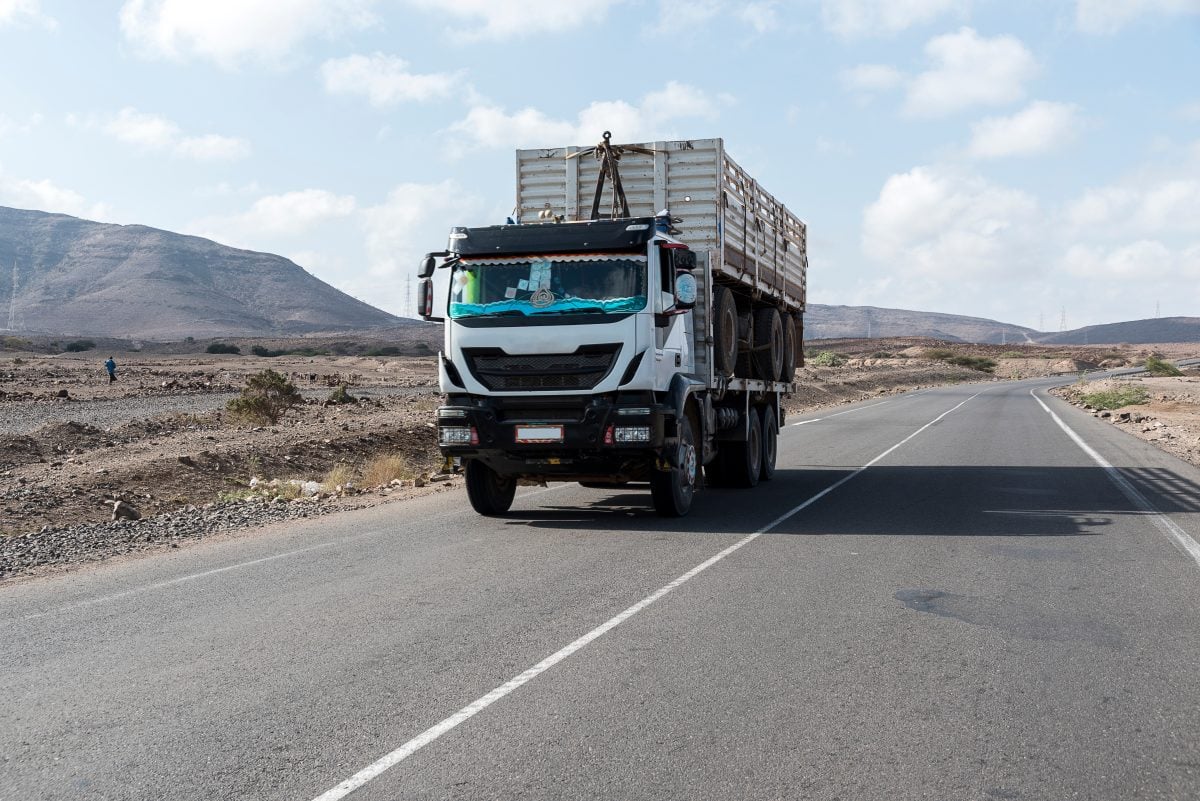The International Development Association, part of the World Bank Group, has loaned Ethiopia $730m to improve road conditions between Addis Ababa and Djibouti, in another sign of Ethiopia’s determination to become more competitive on global markets.
The World Bank announced last week that the Addis-Djibouti Corridor “will get a significant upgrade thanks to the newly approved Horn of Africa Initiative’s Regional Economic Corridor Project.” The project is geared at unlocking greater volumes of international trade, and therefore economic growth, by improving regional connectivity and logistics efficiency.
This is a significant infrastructure project for Ethiopia as the Addis-Djibouti Corridor is the country’s access point to the Indian Ocean, through which Ethiopia can access global shipping and international trade. Over 95% of Ethiopia’s import-export trade by volume passes through this route.
However, certain parts of the road are in poor condition and unsuitable for heavier truck traffic, forcing users to take a much longer route that adds almost 150km to the journey and therefore incurs increased fuel and labour costs for business.
Modernising Ethiopia’s road infrastructure will help drive up efficiency and trade capacity, strengthening regional supply chains and contributing to the increased competitiveness of Ethiopian commerce.
Dr Kaiser Naseem, an international development banker and former World Bank official, is optimistic about the potential of this project but also emphasises that any funds earmarked for the Addis-Djibouti Corridor must reach their intended target.
He tells African Business that “proper infrastructure is key in developing international trade links, and a good road network is an important part of this infrastructure. The World Bank Group plays a huge role in financing such infrastructure.
“The only thing they need to ensure going forward is that this money is well spent for the intended purpose, something that the World Bank Group still needs to learn better.”
This Addis-Djibouti project comes as Ethiopia continues its efforts to open up its economy to international investment. The Ethiopian prime minister, Abiy Ahmed, has committed the country to a policy of liberalisation and privatisation, with key strategic sectors, including telecommunications and banking, opened to foreign investment and competition for the first time. This project will likely help lower the barriers to entry in Ethiopia still further and make the East African country more attractive to foreign investors.
Related articles
Hopes for increased competition in Ethiopia’s banking system
Want to continue reading? Subscribe today.
You've read all your free articles for this month! Subscribe now to enjoy full access to our content.
Digital Monthly
£8.00 / month
Receive full unlimited access to our articles, opinions, podcasts and more.
Digital Yearly
£70.00 / year
Our best value offer - save £26 and gain access to all of our digital content for an entire year!

 Sign in with Google
Sign in with Google 



